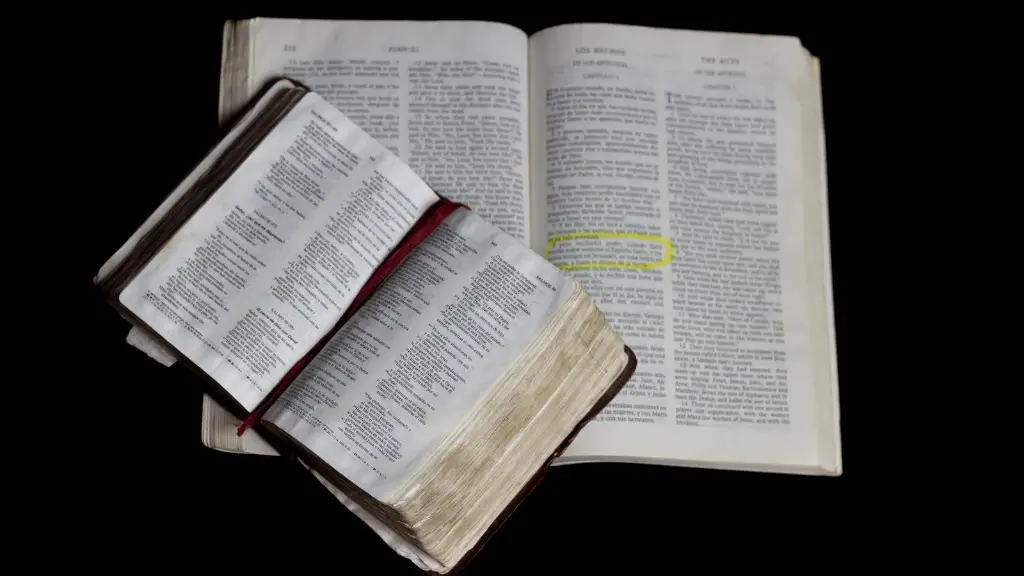Defining Transgender
Transgender is a term that is used to describe people whose gender identity and expression or behavior is different to what is traditionally associated with the sex they were assigned at birth. Gender identity and gender expression may not match one another and there is a broad spectrum of gender expression. People who identify as transgender may feel that they have been assigned the wrong gender and thus they live by their new gender identification.
While acknowledging that gender identity is highly individual, there are some trends regarding transgender individuals. The vast majority feel that they have been born into the wrong body and identify as the gender that is most closely associated with the gender expression and behavior that comes naturally to them. For example, a transgender female might have the anatomy of a male but identify more closely with feminine qualities.
Transgender Inclusion in the Bible
Transgender individuals have faced a great deal of discrimination based on their gender identity. The Bible does not explicitly discuss transgender identities and people, but there is some guidance that can be threaded together on the topic. For example, the way some Christians interpret scripture is that it is God’s purpose and will for people to live in recognition of their gender identity.
Moreover, there is also scriptural guidance that suggests that God might be in favor of those who straddle both gender categories. One interpretation of the Bible considers “borderline cases”—such as those with intersex conditions or transgender people—and suggests they are not condemned by the Bible but are instead seen as part of the way God created humankind.
Gender Roles and Biblical Authority
The Bible serves as a source of authority for many Christians, when considering gender roles and dynamics. In general, the Christian scriptures make it clear that males and females are expected to have different roles and responsibilities.
However, the Bible does not explicitly condemn individuals who don’t fall into the narrow definition of being “male” or “female” that is sometimes ascribed to. Rather, many Christian scripture teachings are open-ended and take into account individual differences, such as those that transgender people may embody.
Though the Bible does not explicitly address or decree any stance on transgender people, it does provide essential life guidance for Christians about respecting and honoring all people, regardless of gender identity, sexual orientation, or other characteristics. This can help Christians to draw a line between what is acceptable and what is not acceptable when it comes to people of different genders living in their communities.
No Condemnation in Scripture
The Bible does not have anything to say about people who don’t conform to pre-defined gender roles, and also does not explicitly condemn transgender people. In fact, there are a few passages in the Bible that can be interpreted in a way that suggests that gender non-conformity is an accepted part of human nature.
For instance, the Bible speaks of intersex people in terms of these people being blessed by God. Similarly, in Genesis 1:27, it is stated that God created human beings “in his own image” and therefore those who are transgender may be seen to be reflecting this image as well.
Biblical Guidance on Transgender People’s Struggles
One of the main issues that transgender people face is how to reconcile gender identity with faith. The Bible does not provide direct answers to this question but does offer the basic principles of understanding and acceptance of those who are different from us, which can be seen to include transgender people.
The Bible also shares stories of people who have been excluded and rejected by their communities, including stories of Jesus welcoming those who felt ‘othered’ and marginalized. This is an example for Christians to follow when encountering transgender people in their lives and communities.
Conclusion: Moving Away from Unconditional Love
The biggest thing that the Bible has to say about transgender people is that it doesn’t, really. It neither condemns nor condones gender diversity and it leaves it to the discretion of its followers on how to best move forward so that transgender people are included while traditional understandings of gender are respected.
Therefore, Christians who do wish to move away from unconditional love and acceptance should remember that God’s love is unconditional and, according to the Bible, it extends to all people, including transgender people.

